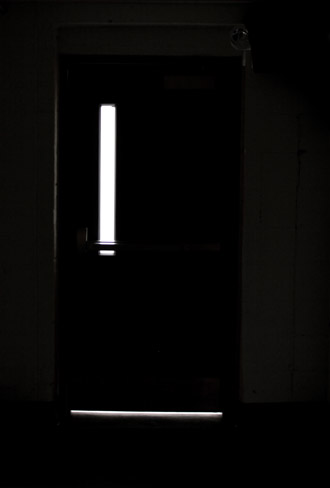1898: Spanish-American War Ends; U.S. Occupies Cuba
 December 10, 1898. Spain and the U.S. sign the Treaty of Paris and Spain hands over military occupation to the U.S. Cuba is not invited to the proceedings. Attitudes are mixed – both in the U.S. and in Cuba.
December 10, 1898. Spain and the U.S. sign the Treaty of Paris and Spain hands over military occupation to the U.S. Cuba is not invited to the proceedings. Attitudes are mixed – both in the U.S. and in Cuba.
- From the military diary of General Maximo Gomez: “The American's military occupation is too high a price to pay for their spontaneous intervention in the war we waged against Spain for freedom and independence. The American government's attitude …. is, in my opinion, one of big business.”
- April 13. From an editorial in the New York Sun; “the attitude of the people of Cuba toward annexation seems to be this in brief: the wealth and intelligence of the island are generally in favor of it, and the agitators and their tools, the ignorant Negroes, are opposed to it.”
- May 16, 1900. Senator Augustus O. Bacon of Georgia, attacks the Cuban occupation, accusing the military government of spending so much to quarter U.S. soldiers in Cuba. This, he says, is an extravagant and wasteful use of Cuban funds and that the occupation is unnecessary and illegal.
- December. Charles M. Pepper, Cuban correspondent of the New York Tribune and the Washington Star, declares, “the colored race in Cuba has reached a pretty unanimous decision that its future is not promising if the island becomes a State in the Union. That is the present sentiment, and it is in itself powerful enough to dampen any annexation movement.”
